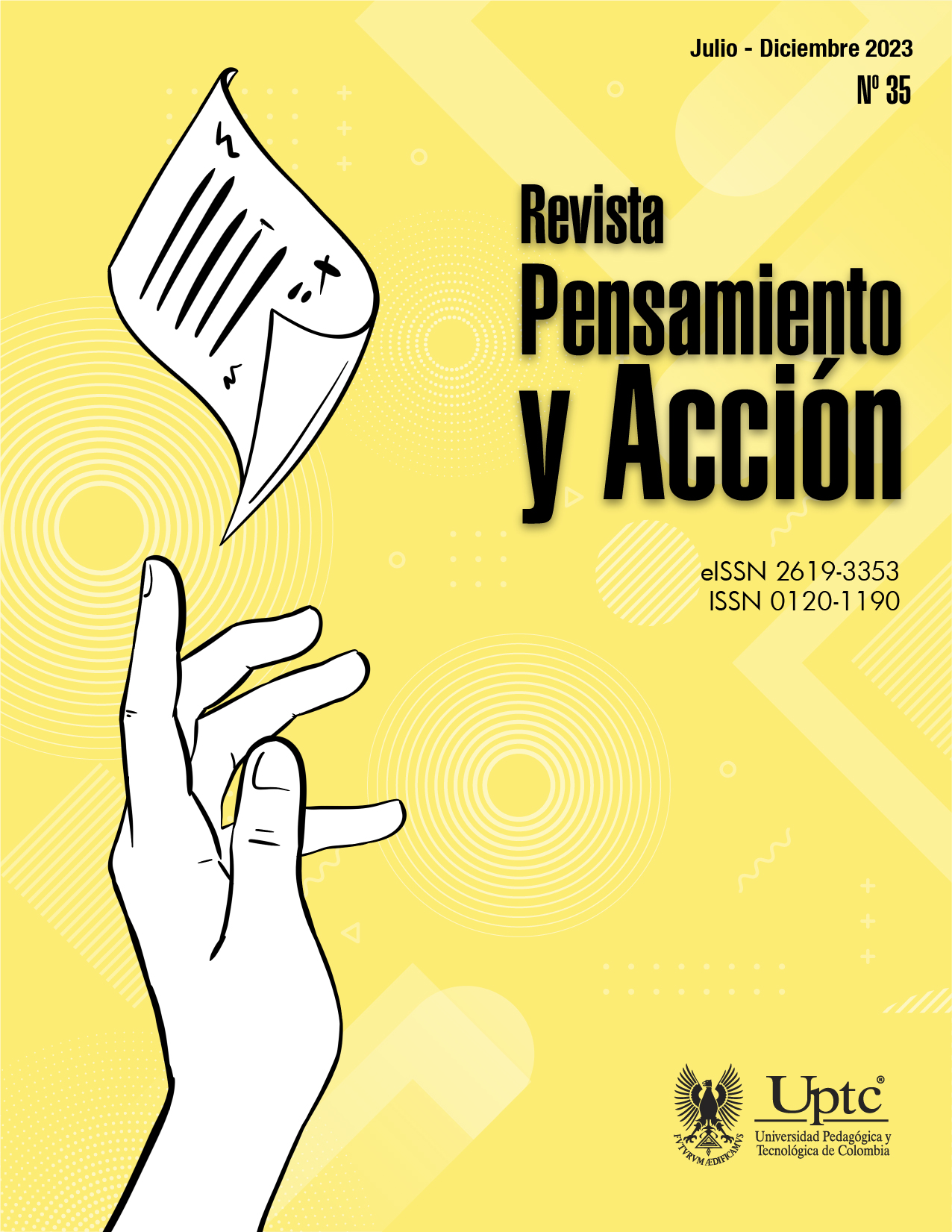Phenomenon of Cultural, Political and Educational Corruption in Colombia

Abstract
The investigation is a denunciation of the way in which in Colombia since the 80's it has produced an imaginary institution: a corrupt, delinquent culture and aesthetic narco as a socially legitimized way of life. To do this, the social dimensions that fertilize it will be revealed: first, the neighborhood cultural imagination of the self is alive born of the way of life instituted by drug trafficking emerged from the world of Antioquia life. Second, dishonest criminal practices within the capitalist enterprise and the state bureaucracy; Thirdly, university culture, especially the academic imaginary of private institutions at all, has a price to achieve success. The methodology is critical phenomenological: how it is discovered how the Colombian citizen has been permeated in his social, and individual, imaginary by the mafia culture, reproducing culturally criminal worlds of life. It is concluded that Colombia produces an imaginary anti-cultural paradigm. A society that boasts of its pathology: corruption as a mechanism of action and social legitimation.
Keywords
corruption, imaginary, institution, legitimacy, territory
References
- Avella, A. (2019). Plenaria del Congreso: Bogotá.
- Austin, J. (1955). Como hacer cosas con palabras. EEUU. Arcis.
- Caicedo, G. (2013). La bruja. Bogotá: Planeta.
- Castoriadis, C. (1991). La institución imaginaria de la sociedad.
- Cyrulnik, B. (2005). Los patitos feos. Barcelona: Gedisa.
- Corea & Lewkowicz. (1995). Pedagogía del aburrido. Buenos Aires: Aique.
- Deleuze, G., Guattari, F. (2004). Mil mesetas. Valencia: Pre textos.
- Foucault, M. (1979). Vigilar y castigar. Argentina: Siglo XXI.
- Habermas, J. (1999). Teoría de la acción comunicativa. Madrid: Taurus.
- Hegel, F. (1979). Fenomenología del espíritu. Madrid: Taurus.
- Kant, I. (1981). Qué es la ilustración. México: FCE.
- Marx, K. (1980). El manifiesto del partido comunista. México: Centro de Estudios Socialistas.
- McLaren, P. (1991). Pedagogía Crítica, Resistencia cultural y Producción del deseo. Buenos Aires: Aique.
- Moreno, H. (2019). Proceso de Comunidades Negras. Entrevista. Cali: ESAP.
- Nietzsche, F. (2000). Schopenhauer como educador. Buenos Aires: Biblioteca Nueva.
- Petro, G. (2008). Ponencia: El paramilitarismo en Colombia. Congreso de la República.
- Silva, J. (1977). Los verdaderos dueños del país. Oligarquía y monopolios en Colombia. Bogotá: Suramérica.
- Sousa, B. (2011). Epistemologías del sur. Revista Internacional de Filosofía Iberoamericana y Teoría Social, 54, 17-39.
- Vidal, V. (2019). Entrevista. Cali: ESAP.